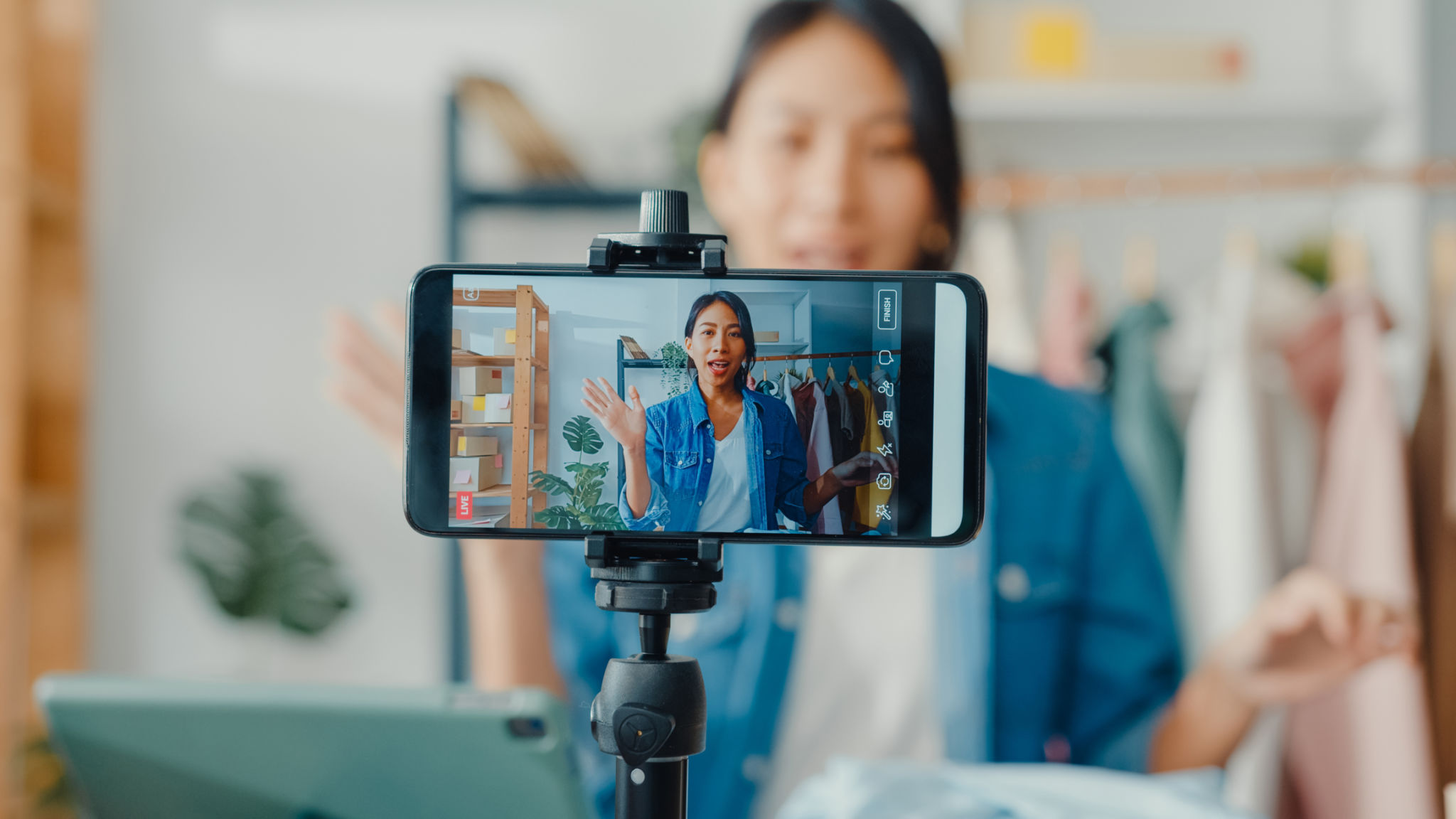The Role of Media Influencers: Connecting with Audiences That Matter
Understanding the Rise of Media Influencers
In today's digital age, media influencers have become pivotal in shaping consumer behaviors and preferences. With their ability to reach vast audiences and influence purchasing decisions, these individuals have transformed the way brands connect with their target markets. The power of influencers lies in their ability to communicate authentically and engage with audiences on a personal level, which is often more impactful than traditional advertising methods.
The rise of social media platforms like Instagram, YouTube, and TikTok has given influencers the tools they need to reach millions of followers. These platforms provide influencers with the opportunity to showcase their personalities and create content that resonates with their audience. As a result, brands are increasingly turning to influencers to promote their products and services, recognizing the value of a genuine connection with consumers.

The Benefits of Partnering with Influencers
Collaborating with media influencers offers several advantages for brands looking to enhance their marketing strategies. Firstly, influencers have a deep understanding of their audience's preferences, allowing them to create tailored content that appeals directly to their followers. This targeted approach can lead to higher engagement rates and increased brand awareness.
Moreover, influencers often enjoy a high level of trust from their followers. Their recommendations are perceived as genuine endorsements rather than overt advertisements. This trust can translate into higher conversion rates for brands, as consumers are more likely to purchase products recommended by someone they admire and follow regularly.

Choosing the Right Influencer for Your Brand
Selecting the perfect influencer to represent your brand is crucial for a successful marketing campaign. It's essential to consider factors such as the influencer's niche, audience demographics, and engagement rates. Brands should look for influencers whose values align with their own and who can authentically represent their products.
One effective way to identify suitable influencers is by analyzing their content and interactions with followers. By understanding how they communicate and engage with their audience, brands can ensure that the influencer's style matches their desired image and message.
Key Considerations When Partnering
- Relevance to your brand's niche
- Audience demographics and engagement
- Authenticity and alignment with brand values

The Future of Influencer Marketing
As technology continues to evolve, so too will the landscape of influencer marketing. We can expect to see new platforms emerge and existing ones adapt to changing consumer behaviors. Influencers will likely continue to play a crucial role in bridging the gap between brands and consumers, providing authentic connections in an increasingly digital world.
Additionally, as audiences become more discerning, transparency and authenticity will become even more important. Brands that partner with influencers who are genuine and relatable will be best positioned to succeed in this dynamic environment.
Ultimately, the role of media influencers in connecting with audiences that matter is one that will continue to grow in importance. By leveraging the unique strengths of these individuals, brands can build meaningful relationships with consumers that drive engagement and loyalty.